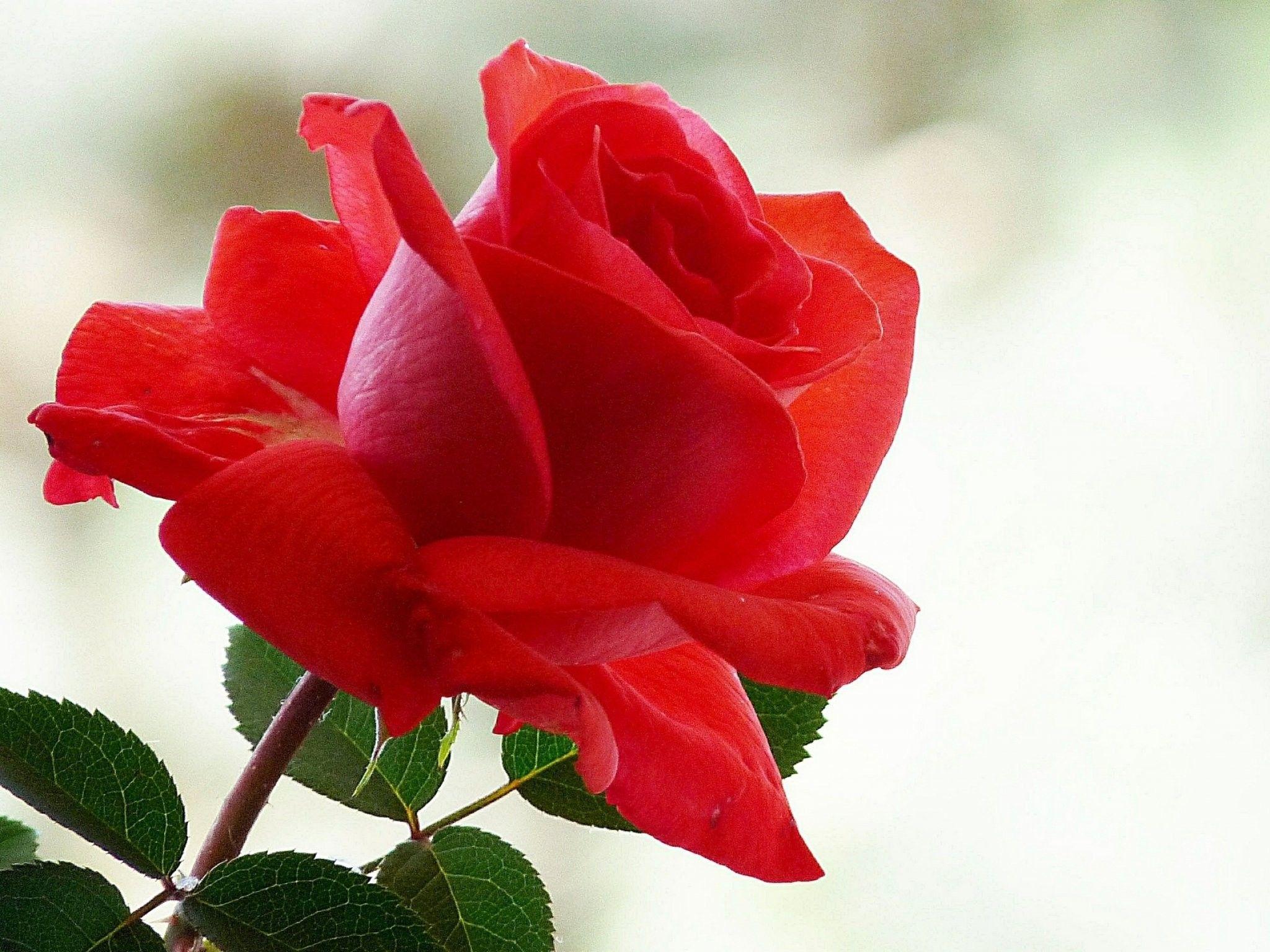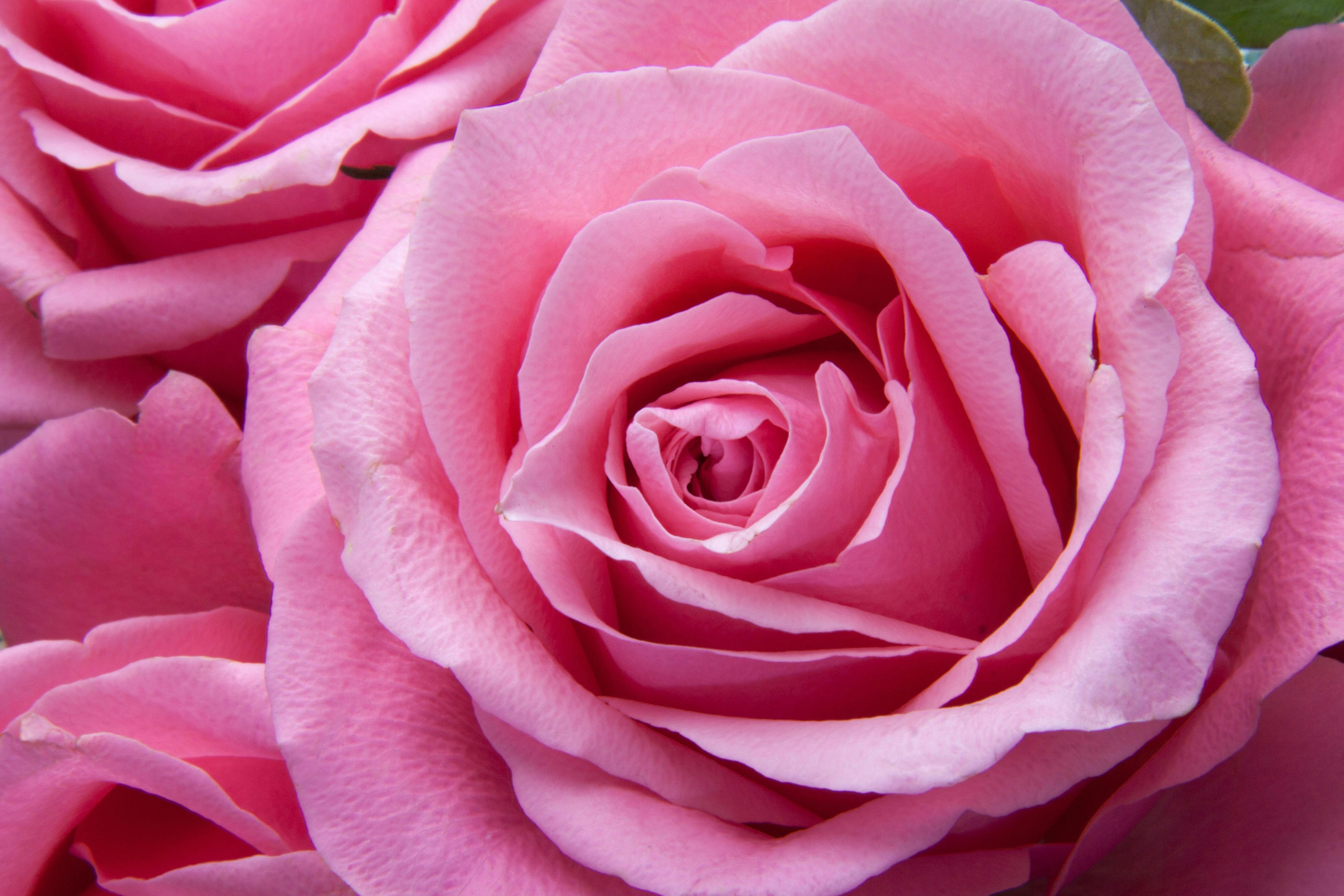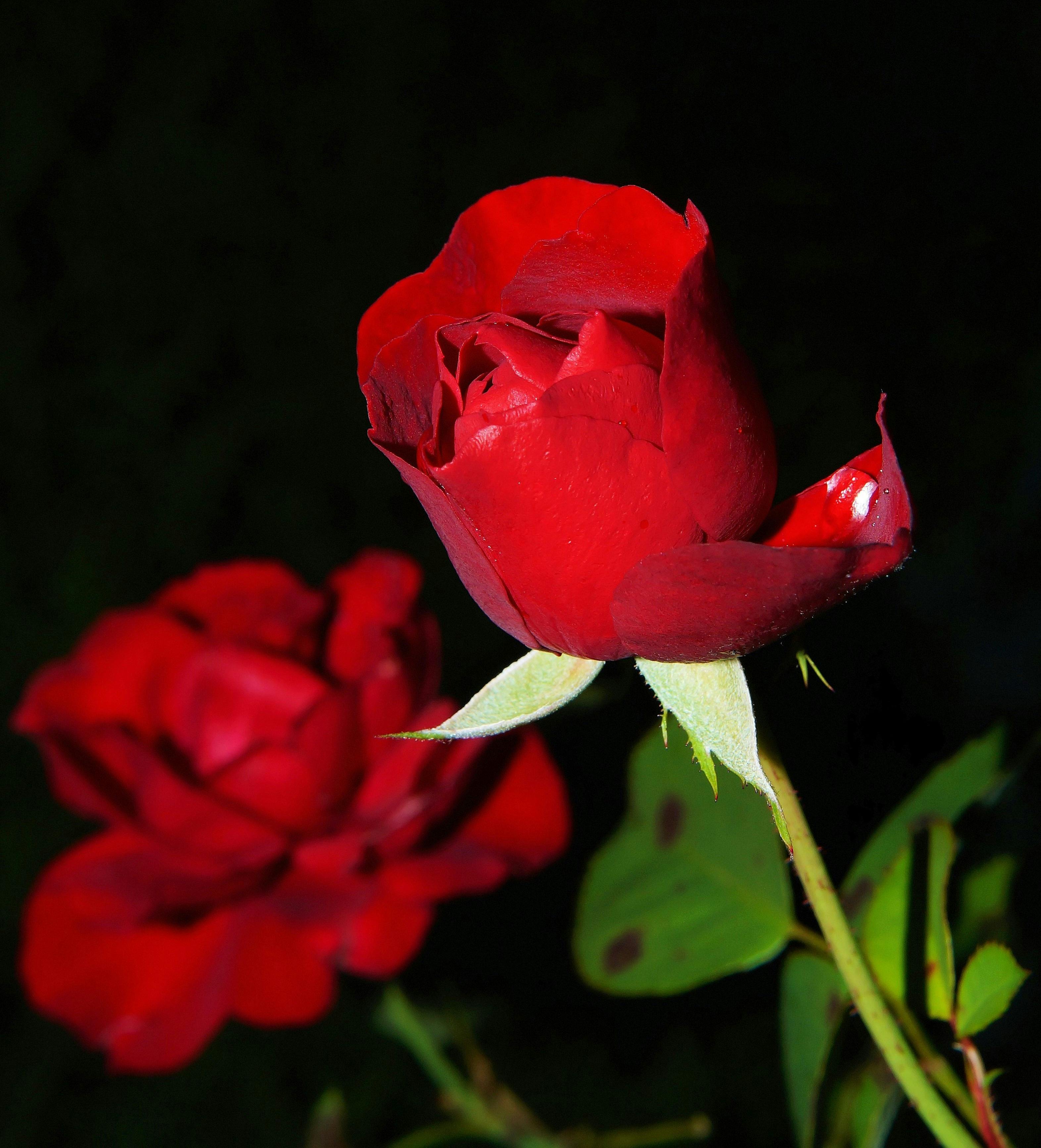Roses are often referred to as the “queen of flowers,” a title they earn through their beauty, fragrance, and variety. However, to achieve healthy, vibrant roses, proper care is essential, and one of the critical aspects of rose care is fertilization. With numerous fertilizers available on the market, choosing the best one for your rose plants can be overwhelming. This guide aims to provide you with comprehensive insights into selecting the right fertilizer, ensuring your roses flourish all season long.
Understanding Rose Nutritional Needs

Before diving into the types of fertilizers available, it’s vital to understand what nutrients roses require for optimal growth. Roses, like all plants, need three primary macronutrients:
- Nitrogen (N): Promotes healthy leaf and stem growth.
- Phosphorus (P): Essential for root development and flowering.
- Potassium (K): Helps with overall plant health and resistance to diseases.
In addition to these macronutrients, roses also benefit from secondary nutrients and micronutrients such as calcium, magnesium, sulfur, iron, and manganese. A balanced fertilizer will provide these essential nutrients to promote robust growth and bountiful blooms.
Types of Fertilizers for Roses
When it comes to fertilizing roses, you have several options. Each type of fertilizer has its unique advantages and uses:
1. Granular Fertilizers

Granular fertilizers are solid and can be either slow-release or quick-release. They are typically easy to apply and can provide a steady supply of nutrients over time. Here are some popular options:
- Slow-Release Fertilizers: These fertilizers gradually release nutrients over several months, reducing the need for frequent applications. Products like Osmocote and Miracle-Gro Rose Plant Food are excellent choices.
- Quick-Release Fertilizers: These fertilizers dissolve quickly in soil, providing an immediate nutrient boost. However, they often require more frequent applications. A common example is 10-10-10 fertilizer.
2. Liquid Fertilizers
Liquid fertilizers are often more concentrated and can be applied directly to the soil or as a foliar spray. They offer quick absorption and immediate results. Some popular liquid fertilizers for roses include:
- Fish Emulsion: A natural option that provides essential nutrients and encourages microbial activity in the soil.
- Liquid Seaweed: Rich in trace minerals, seaweed extract promotes root development and overall health.
3. Organic Fertilizers

Organic fertilizers are derived from natural sources and are ideal for environmentally conscious gardeners. They improve soil structure and promote long-term health. Some popular organic options include:
- Compost: Homemade or store-bought compost enriches the soil with nutrients and beneficial microorganisms.
- Bone Meal: High in phosphorus, bone meal is excellent for encouraging flowering and root development.
How to Choose the Right Fertilizer

1. Analyze Your Soil
Before selecting a fertilizer, it’s crucial to analyze your soil’s current nutrient levels. A soil test can provide valuable information regarding pH levels, nutrient deficiencies, and overall soil health. Understanding these factors allows you to choose a fertilizer that meets your roses’ specific needs.
2. Consider the Rose Variety

Different rose varieties may have different nutritional requirements. For instance:
- Hybrid Tea Roses: These require a balanced fertilizer with higher nitrogen content for healthy foliage.
- Floribunda Roses: These benefit from fertilizers high in phosphorus to enhance blooming.
3. Monitor Growth Stages

Roses have specific nutrient needs at different growth stages:
- Spring: Apply a balanced fertilizer to promote new growth.
- Pre-bloom: Switch to a fertilizer higher in potassium to encourage blooming.
- Post-bloom: Use a low-nitrogen fertilizer to prepare the plant for dormancy.
Application Tips for Fertilizing Roses
Proper application of fertilizer is crucial for maximizing its benefits. Here are essential tips to follow:
- Follow Instructions: Always adhere to the manufacturer’s instructions for dosage and application methods.
- Water Thoroughly: After applying granular fertilizers, water the soil well to help dissolve the nutrients and reduce the risk of root burn.
- Apply in the Morning or Evening: Fertilizing during cooler parts of the day can help prevent evaporation and leaf burn.
Common Mistakes to Avoid
Even seasoned gardeners can make mistakes when fertilizing roses. Here are some common pitfalls to avoid:
- Over-fertilizing: Too much fertilizer can lead to nutrient burn and negatively impact plant health.
- Ignoring Soil Type: Different soils have different nutrient-holding capacities. Adjust your fertilizer choices based on soil type.
- Neglecting Watering: Fertilizers require moisture for optimal absorption. Ensure regular watering routines.
Case Studies: Successful Rose Gardens
Several rose gardeners have shared their experiences with different fertilizers, illustrating the impact of proper fertilization:
- Case Study 1: A gardener in California noticed significant improvements in bloom size and color after switching from a quick-release fertilizer to a slow-release option.
- Case Study 2: An organic gardener in Oregon achieved lush growth and disease resistance by incorporating compost and organic fertilizers into their routine.
Choosing the best fertilizer for your rose plants requires a keen understanding of their nutritional needs, soil conditions, and growth stages. By analyzing your soil, selecting the appropriate type of fertilizer, and following best practices for application, you can ensure that your roses receive the nutrients they need to thrive. Remember to be mindful of common mistakes and consider the specific variety of roses you are growing. With the right care and attention, your roses will reward you with magnificent blooms that can brighten any garden.
In summary, successful rose gardening hinges on informed fertilization practices. By investing time in understanding your roses’ requirements and tailoring your approach accordingly, you can cultivate a stunning display of color and fragrance in your garden.